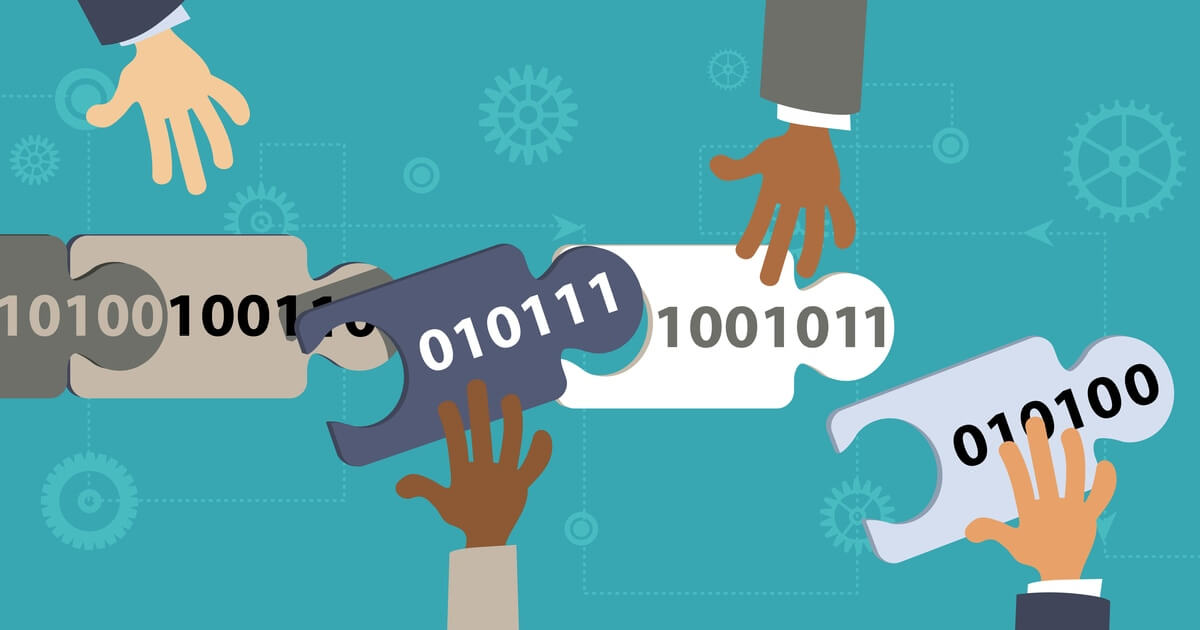Nodle's Smartphone-Powered Blockchain Network
Luisa Crawford Feb 23, 2023 09:04
Nodle turns cellphones into nodes using Bluetooth to increase IoT adoption.

It's possible that smartphones could become an essential component of blockchain networks, which will enable communication between smart devices in the Internet of Things (IoT) sector of the economy.
The company Nodle is the brains behind a connectivity platform that offers customers financial incentives to participate as nodes in an internet of things (IoT) network. The network makes use of Bluetooth connection to rent the computational power, storage space, and Bluetooth capabilities of devices in order to expand the footprint of IoT networks. This is accomplished by taking advantage of the global rise in the number of people who own smartphones.
Smartphones are equipped with the Nodle software, which allows them to function as a node in the network and provide resources to enable the project's so-called "smart missions." Users are compensated for keeping their app active, which enables the node to fulfill these smart tasks and is a creative take on the action-to-earn (A2E) trend that has been gaining popularity.
Nodle compared smart missions to smart contracts on the Ethereum network and said they were both automated processes. The primary distinction lies in the fact that these smart contracts are able to communicate with the real world and its gadgets by means of the cellphones that make up the network.
The ability to design intelligent missions and send them out into the network is available to developers. They are also essential to the ecosystem since the funding for the deployment of smart missions comes from developer fees. In addition, the developers need to include incentive systems to motivate users to finish certain smart objectives.
A user would earn paid for successfully completing a smart mission if the user connected to a certain device or sensor inside a given geographical region. This would be an example of a smart mission. One further example may consist of a request sent to a user of a smartphone to carry out a certain duty, such as capturing pictures during an event.
The idea is not all that different to traditional GPU or ASIC mining, in which a user contributes processing power to a network in exchange for a portion of the rewards generated by that network. This often involves a significant expenditure of energy, which would result in the rapid depletion of power reserves in devices with a lesser capacity. Nodle brags that their application uses up to 3% of a smartphone's daily energy from a full charge. This allows users to keep using their device without experiencing a significant amount of pressure on the battery.
The network is an example of an emerging concept known as action-to-earn, which aims to encourage users and ecosystems to take out certain jobs or behaviors in exchange for financial rewards. According to Benoliel, the feature serves two purposes: it rewards users while simultaneously motivating and contributing to the expansion of the network.
In the past, Nodle has formed partnerships with businesses who are interested in using its network to power specialized use cases. This app was used to power a service that employed Noodle-connected cellphones to detect stolen vehicles by using Bluetooth IDs. The service was powered by the app.
In recent years, blockchain technology has had an increasingly widespread impact, which has had an effect on the Internet of Things industry. IoT, worldwide engineering and technology business Bosch was the driving force behind the founding of a foundation that would spend one hundred million dollars over the next three years in the form of grants financing the development of Web3, artificial intelligence (AI), and decentralized technologies.
Image source: Shutterstock.jpg)